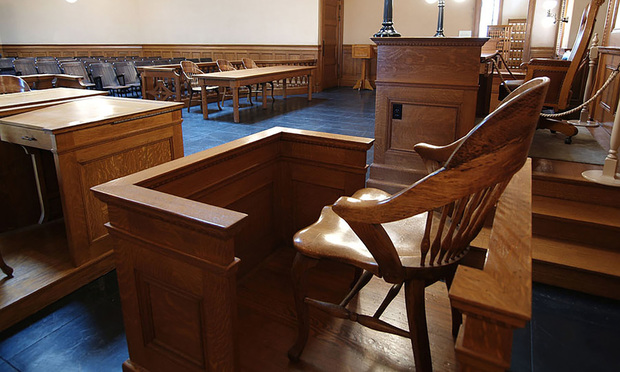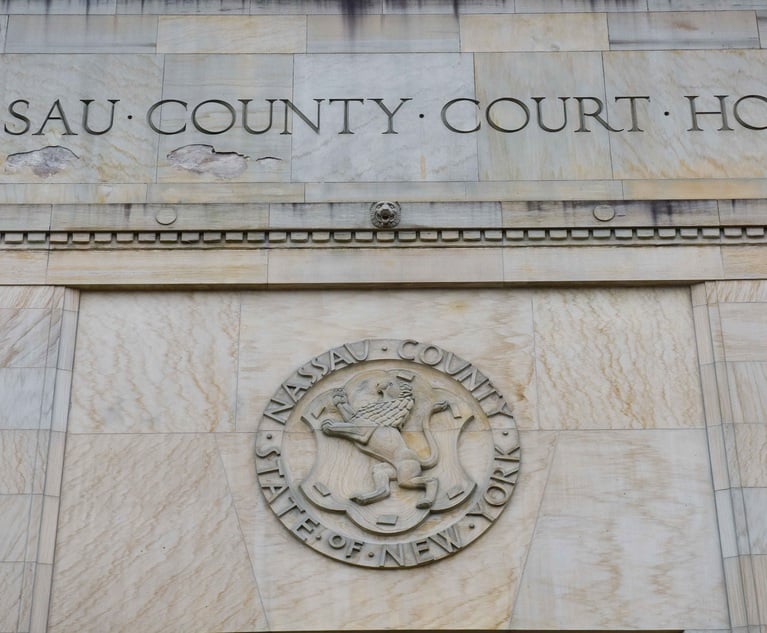In the Fall of 1982, at Amherst College, I (Milt Williams) had the privilege of taking a Philosophy class, Logic, with Prof. Joseph Epstein. I found the class fascinating from the very first day, as we learned about logical implication—the notion that P logically implies Q if, and only if, Q must be true if P is true. This logical relationship is similar to the relationship expressed by a conditional statement—if P, then Q—for if the conditional statement is true, and if P is true, then Q must be true (by modus ponens).
I never anticipated that the dynamics of logical implication and conditional statements would structure my thought process as a lawyer. I started my legal career at the New York County District Attorney’s Office, where I had the opportunity to conduct numerous cross-examinations—in most cases, having the bare minimum of material, and in some cases none, to understand what a witness’s testimony would likely be. I was forced to imagine the strongest story (from the defense perspective) that a witness (in many instances, the defendant) could manufacture. I then had to make a plan to deconstruct it. The goal of this exercise was to identify the propositions the witness was most likely to assert; the causal, factual, or logical connections the witness was most likely to assume; and the conclusions the witness was most likely to draw or be drawn into. Armed with this understanding of what the witness was compelled to say (given his or her prior statements and interests in the case), I would identify the points I wanted to elicit that would help me persuade the jury of the prosecution’s case. Moreover, by thinking through the assumptions and logical implications of a witness’s likely testimony, I learned that some of them were positively helpful, and thus I learned that cross-examination can have a constructive as well as a destructive purpose.


 Photo: BigStock
Photo: BigStock




